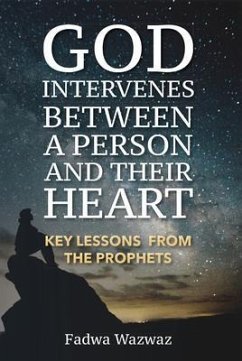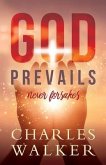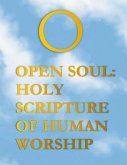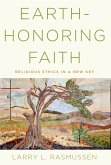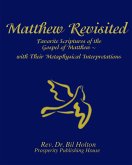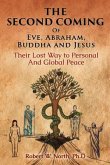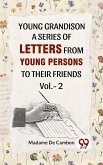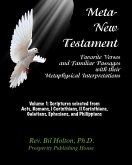God Intervenes Between A Person And Their Heart: Key Lessons from the Prophets is a journey in listening, reflecting, and answering the call of faith, inspired by the life experiences that challenged me, and questions that I had to work through for myself and others.
The stories of the Muslim prophets are generally used for legalistic purposes, either to support Muslims or to tear them down. I would like us to take a step back from these dos and don'ts and to see the Muslim prophets as benchmarks or a mirror devoid of imperfection that can help us human beings see our various imperfections and reflect on our human struggles, to see and question afresh.
There are many sections about the lives of the prophets and how their stories connect to the contemporary world. I hope to make the prophets relatable to the readers by sharing stories of how they embraced and faced their all-too-human struggles.
In this project, it's important for us to connect all our wounds together: The wounds of the prophets; the wounds of the Native Americans; the wounds of slavery, Jim Crow, and racism; the wounds of the disabled; the wounds of domestic violence. We have to recognize and seek out the wounds in our society, both as the oppressed and as the privileged, and sometimes as both. The prophets' stories can help us see into this complex landscape, and help us see how coexistence, too, is a shared, universal experience.
The book opens with the anger of the oppressed and blends into the stories of Adam and Satan, as the story of humanity begins with repentance and self-criticism, a state that doesn't have to feel harsh or depressing, but instead can feel comfortable and wholly human.
The questions of love and projection, truth and wisdom, power and oppression are not just stories from the Torah, Bible, or Qur'an: They are things that each one of us struggles to understand. By being able to connect to the shared cultural history, and the shared stories of these prophets, we can connect to each other.
The stories of the Prophets are connective tissue, and the Prophets are connective figures, helping connect Muslims with themselves, Muslims with each other, and Muslims with other groups.
The stories of the Muslim prophets are generally used for legalistic purposes, either to support Muslims or to tear them down. I would like us to take a step back from these dos and don'ts and to see the Muslim prophets as benchmarks or a mirror devoid of imperfection that can help us human beings see our various imperfections and reflect on our human struggles, to see and question afresh.
There are many sections about the lives of the prophets and how their stories connect to the contemporary world. I hope to make the prophets relatable to the readers by sharing stories of how they embraced and faced their all-too-human struggles.
In this project, it's important for us to connect all our wounds together: The wounds of the prophets; the wounds of the Native Americans; the wounds of slavery, Jim Crow, and racism; the wounds of the disabled; the wounds of domestic violence. We have to recognize and seek out the wounds in our society, both as the oppressed and as the privileged, and sometimes as both. The prophets' stories can help us see into this complex landscape, and help us see how coexistence, too, is a shared, universal experience.
The book opens with the anger of the oppressed and blends into the stories of Adam and Satan, as the story of humanity begins with repentance and self-criticism, a state that doesn't have to feel harsh or depressing, but instead can feel comfortable and wholly human.
The questions of love and projection, truth and wisdom, power and oppression are not just stories from the Torah, Bible, or Qur'an: They are things that each one of us struggles to understand. By being able to connect to the shared cultural history, and the shared stories of these prophets, we can connect to each other.
The stories of the Prophets are connective tissue, and the Prophets are connective figures, helping connect Muslims with themselves, Muslims with each other, and Muslims with other groups.
Dieser Download kann aus rechtlichen Gründen nur mit Rechnungsadresse in A, D ausgeliefert werden.

